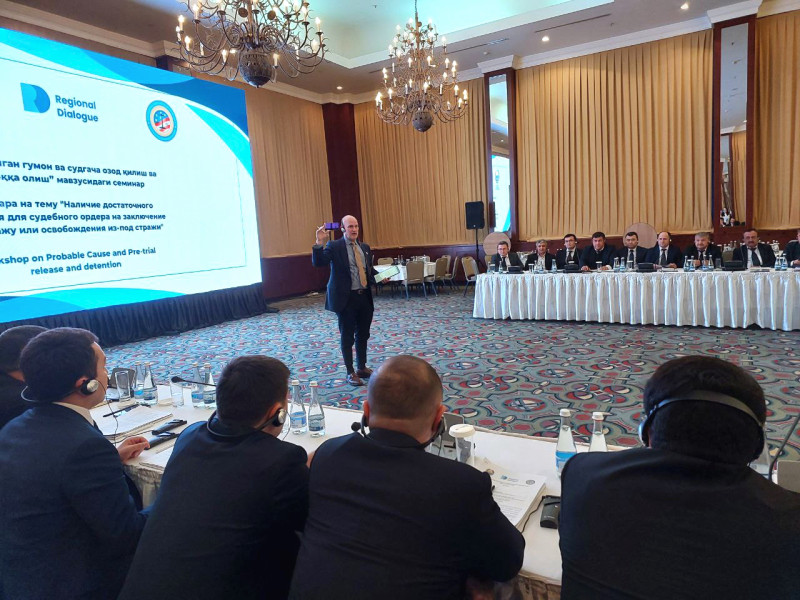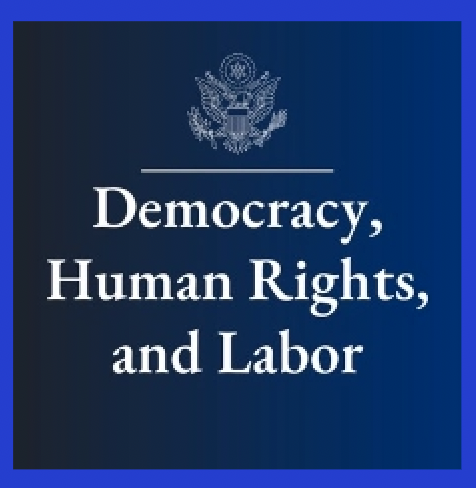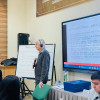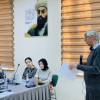
On 30 and 31 of January 2024 legal experts from the United States and Slovenia joined forces to share insights into pre-trial arrest and release procedures, shedding light on the delicate balance between upholding human rights and delivery of justice. Led by international experts Goran Klemenčič and Gregory Weddle, along with Slovenian judge Ciril Keršmanc and US Magistrate Judge Jonathan Hawley, the discussion aimed to expose Uzbek colleagues to rules of procedure and practice regarding the most typical pre-trial judicial skills, issuing court warrants and deciding on pre-trial detention or release.
The discussions underscored fundamental differences in approaches between the respected countries with different legal traditions. While the US legal system mandates that pre-trial detention and warrant requests for searches and surveillance meet the probable cause standard for approval, Slovenian criminal procedure law incorporates different set of standards for these decisions. Although there are significant differences in the legal terminology regarding thresholds for pre-trial court decisions, they all have one thing in common – the search for balance between the efficiency of criminal proceedings and the protection of one's right to dignity and privacy. Participants emphasized the pivotal change in the Constitution which introduced judicial oversight in ensuring lawful conduct by law enforcement agencies.
On the second day, the judges focused on the issues of pre-trial detention and release. Judge Hawley highlighted the exclusive authority of courts when making such decisions, underscoring the independence of judiciary from the other branches of power. Judge Keršmanc elaborated on the Slovenian practice, in which pre-trial detention or release can be (in cases where a judge disagrees with the prosecutor’s proposal for detention) determined through a three-judge extra chamber of judges empowered to review such decisions.Despite some differences in the approaches, the crucial message is the same – once the court has decided on detention, the accused is put under judicial supervision and not under the jurisdiction of a prosecutor or investigator. Judge Hawley highlighted that a release is a decision which required courage, because an accused is released and not detained until trial.
As Uzbekistan navigates implementation of a new Constitution, Regional Dialogue continues to provide a platform for exchange and mutual learning, highlighting the importance of international collaboration in enhancing legal standards and safeguarding human rights.
The event was organized by Regional Dialogue in partnership with the Supreme Judicial Council of Uzbekistan.










